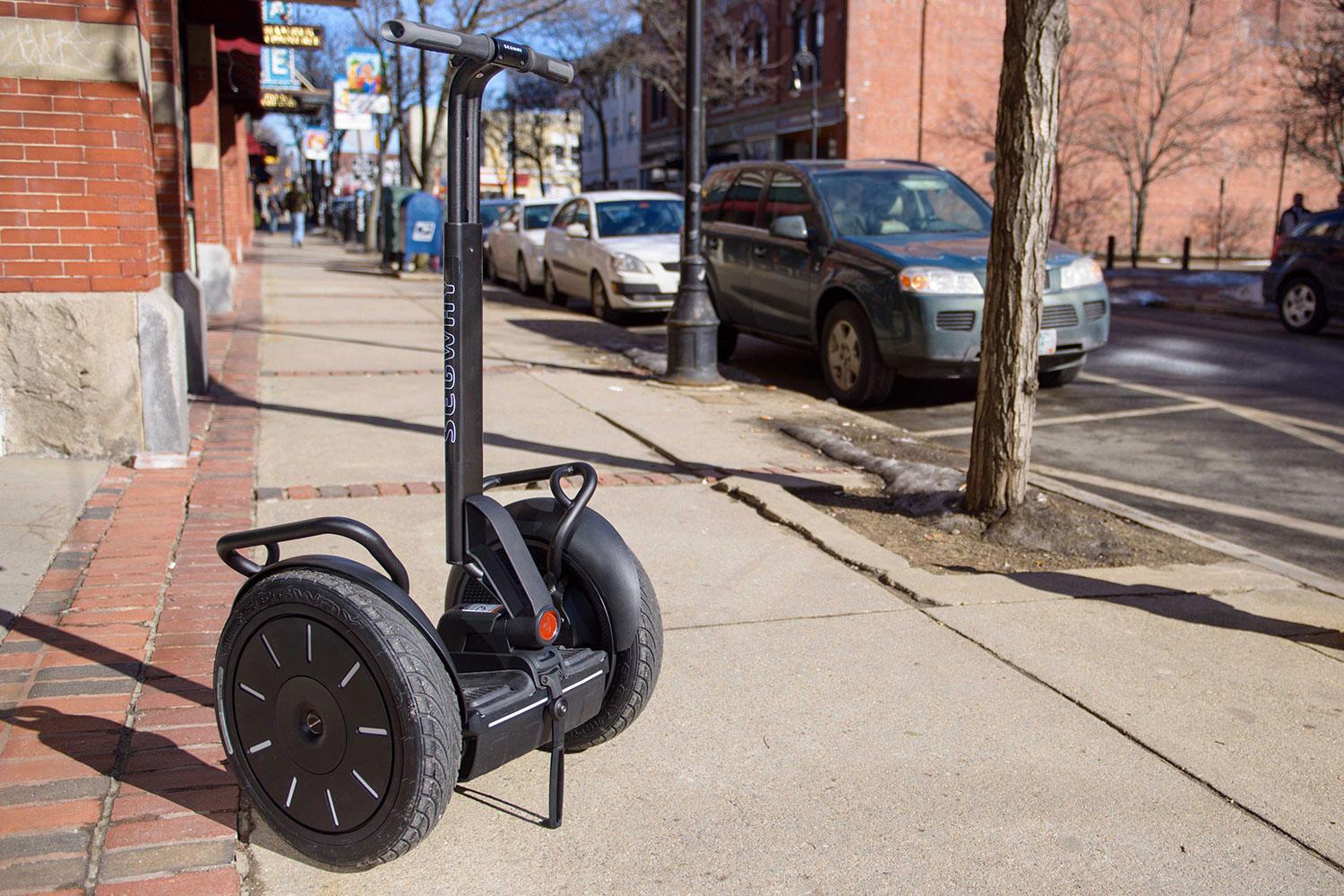Segway scooters will stop production next month, marking the end of an era for the two-wheeled balancing scooter.
The company will cease production of the scooters on July 15, as first reported by Fast Company. The last-generation scooter to be retired will be the Segway PT. Segway said it is also discontinuing the Segway SE-3 Patroller and the Segway Robotics Mobility Platform.
Since its inception 19 years ago, the Segway scooter has come a long way. Although mostly known for its Segway tours in cities across the country, Segway managed to produce other products as well.
After the company was sold to Ninebot, a Chinese mobility firm, in 2015, for $80 million, products like the Segway Max electric kick scooter, the Segway Ninebot S self-balancing electric transporter, and even Segway’s self-balancing roller shoes, the Drift W1s have been released.

The iconic Segway scooter, however, will be no more, except for those that are already on the streets. Segway said that a limited number of employees will remain at the Bedford, New Hampshire plant to handle warranties and repairs on Segways that have already been sold.
“We are grateful for the support and loyalty of our consumers and are proud of the impact our products have made on our customers’ lives and the reputation of the Segway brand,” Segway said in its official statement. “As we expand into new product categories for personal transportation, our enduring commitment to premium performance and technological innovation will always remain at our core.”
Segway inventor Dean Kamen claimed that the Segway would change the world of transportation forever, but the specialty vehicle never achieved the popularity the company expected. Kamen originally planned to sell 100,000 scooters in the first 13 months. However, only about 140,000 total Segway scooters were sold over almost two decades.
Segway said that last year, the Segway PT scooter only accounted for 1.5% of the company’s revenue. While the Segway has become the salvation of mall security officers and tourists on vacation, it struggled to reach beyond those niche markets.



